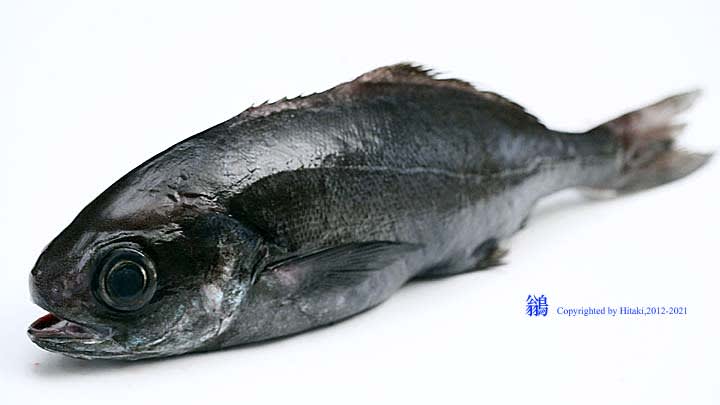>kimchi's cousin janji, 짠지 pickles (지=漬)







More pickles. "Tsuke/zuke" (漬) in Japanese tsukemono is equivalent to "ji", 지(漬), in Korean.
Koreans routinely don't use Chinese characters, because they don't have to. It's fun hunting for these -지 (-ji) suffixes on menus.
janji "jjanji" (짠지) = jan (salty) + ji = salty pickle
oiji (오이지) = oi (cucumber) + ji = cucumber pickle
mujanji "mujjanji" (무짠지) = mu (turnip) + jan (salty) + ji = salty radish pickle
shingunji (싱건지) = shingun (mild) + ji = mild pickle
jutgukji (젓국지) = jutguk (fish sauce) + ji = fish sauce pickle
danmuji (단무지) = danmu (sweet turnip) + ji = sweet turnip pickle
jangaji "jangajji" (장아찌) actually comes from jangji, 장지 (醬漬) = jang (marinade) + ji = sauce-cured pickle
Happy pickle-hunting!


